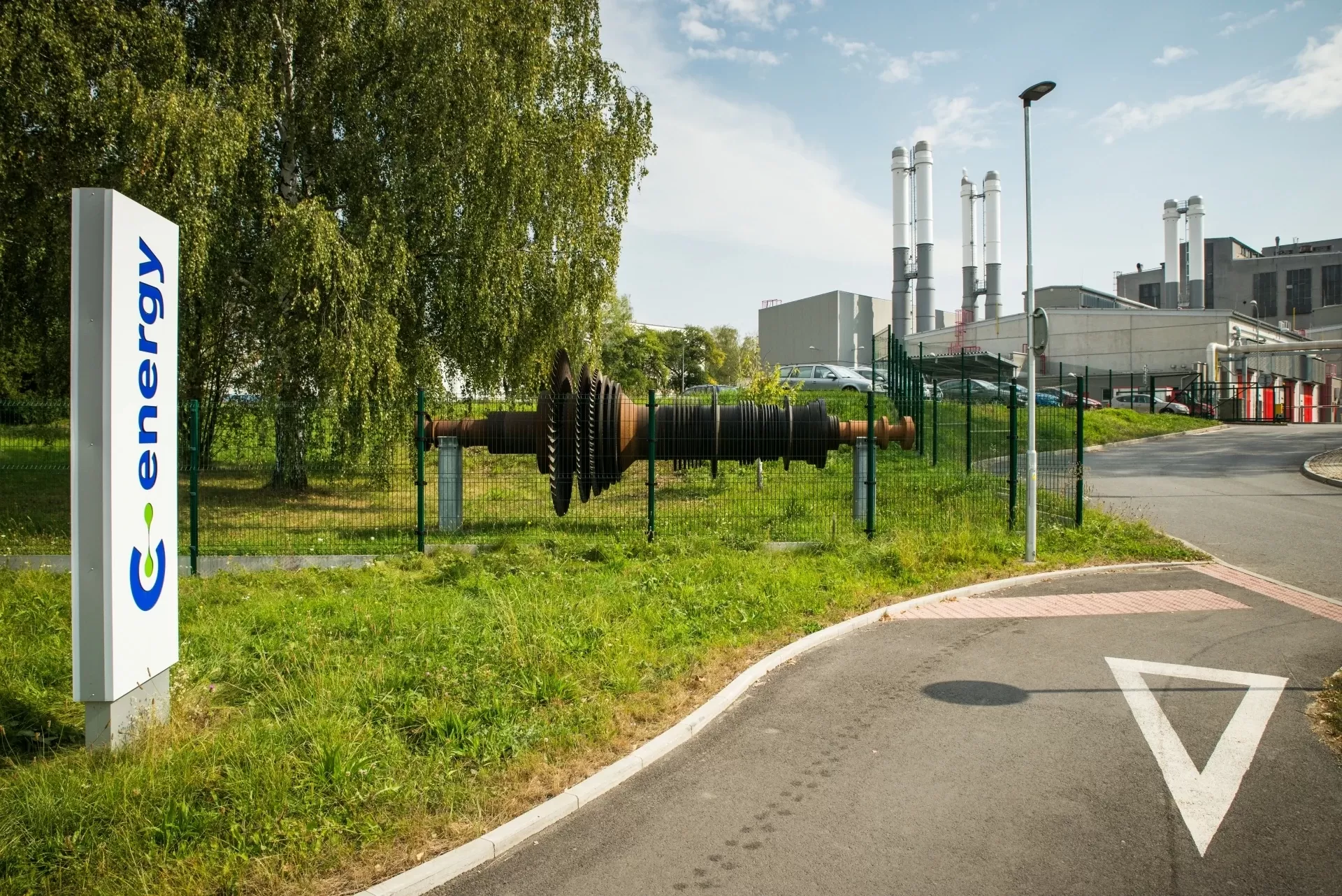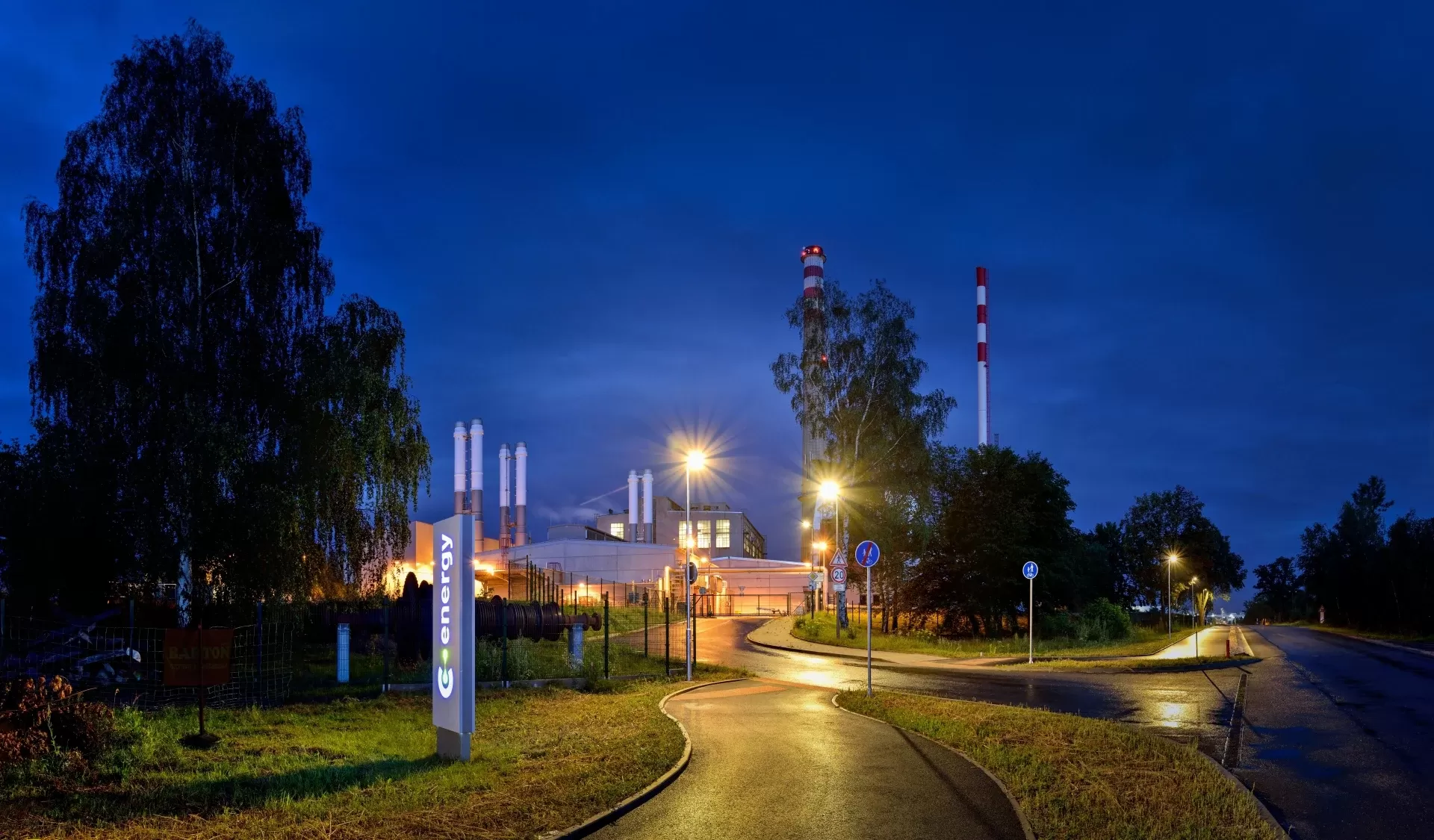131 MWe
Total power

Find out what's new at C-energy – current projects, innovations, and events from our energy world in one place.
Full article
C-energy battery storage – part of tomorrow’s digital energy.
From the first installation in 2019 to the latest expansion in Tábor. We have one of the highest battery capacities in the Czech Republic. Thanks to them, we and our clients apply the energy produced on the markets when it is most advantageous.

Join our trading platform and get the best conditions on the market.
More information
Total power
Battery performance
heat supplied per year
In the more than 10 years since the acquisition of the Planá nad Lužnicí facility, C-energy has earned a reputation as an innovator in the energy and heating sectors. Since 2012, we have invested nearly CZK 3 billion in modernizing the former heating plant, transforming it into a key energy source for the entire Tábor region. The introduction of cutting-edge technologies and greening measures has led to a reduction in emissions of more than 90%, and in 2022 we became the first source in the Czech Republic to completely phase out coal combustion and replace it with waste wood biomass. Today, our plant is one of the most modern facilities in the Central European region, where we produce electricity and heat in a highly efficient combined production mode.
C-energy supplies heat to the entire Tábor agglomeration and also provides system services for the stability of the energy system, thereby contributing significantly to the energy security of the Czech Republic. The total installed capacity of the power plant exceeds 130 MWe, and the complex also includes the largest battery storage facility in the Czech Republic. Thanks to this, we are able to ensure reliable supplies even in the event of a blackout, i.e., a complete failure of the transmission network. Our technology, investments, and emphasis on sustainability place us among the leaders in modern energy, providing stable and affordable energy for citizens, businesses, and the entire region.
More information

We deliver hope, a helping hand, support wherever we think it is needed.
Thanks to the funds we use to support various projects in our region, beautiful cultural and sports events are created, associations and projects operate that bring help, relief, hope. We help wherever it is not easy to obtain sufficient funds and we are happy to be useful.